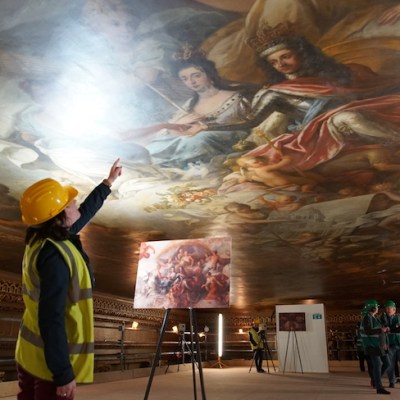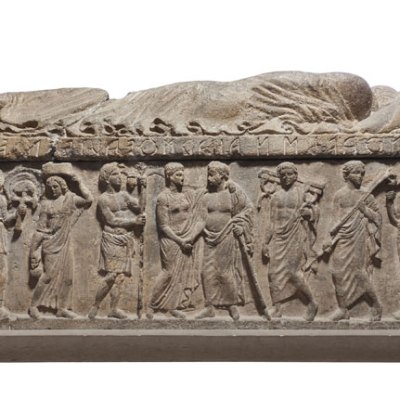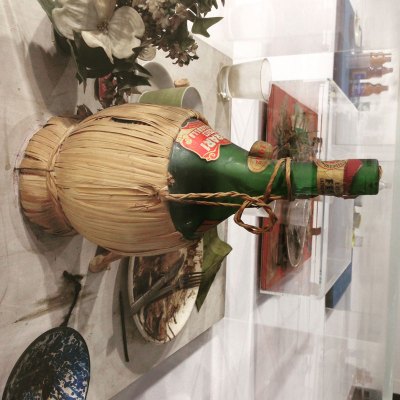Introducing Rakewell, Apollo’s wandering eye on the art world. Look out for regular posts taking a rakish perspective on art and museum stories.
Art is under attack – and no, this time Michael Gove is not involved. Scientists have claimed some of the world’s most treasured monuments and works of art are at threat from vicious strains of bacteria that may ultimately destroy them. And while principal sites of concern are mostly ancient sites – the cave paintings of Lascaux and Altamira are particularly at risk – museums and galleries would also be foolish to ignore the danger posed by the aesthetically indifferent microbes.
‘Almost any cultural artefact is prone to colonisation by microorganisms,’ geomicrobiologist Ana Zélia Miller told Popular Science magazine. Indeed, many artistic materials – not least egg tempera – provide a perfect breeding ground for bacteria. The slightest increase in humidity at a museum could provoke an infestation of microbes.
Microscopic organisms aren’t the only pests that our museum keepers have to contend with. Earlier this year, English Heritage warned that clothes moths posed a serious conservation problem to its historic properties. ‘Clothes moths are a conservator’s worst nightmare and it’s an ongoing battle to keep them under control’, said head of collections conservation Amber Xavier-Rowe. ‘They can eat through centuries-old carpets, tapestries and clothes in a matter of months.’
The problem is compounded by the fact that standard pesticide treatments can have deleterious consequences for exhibits, making it significantly more difficult to safeguard a museum than, say, an office block. However, numerous solutions have been proposed in the past – some rather more creative than others. When garden designer Gertrude Jekyll donated an Italian felt peasant cap to the V&A in 1924, she sent it in accompanied by a letter explaining that it was ‘badly moth-eaten while in my careless possession but has been in the oven and is now free.’ Hmm. Anyone got a number for Rentokil?
Got a story for Rakewell? Get in touch at rakewell@apollomag.com or via @Rakewelltweets.




